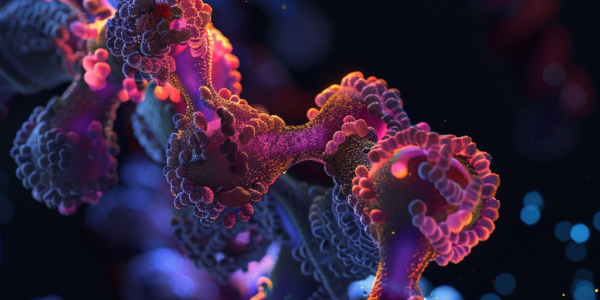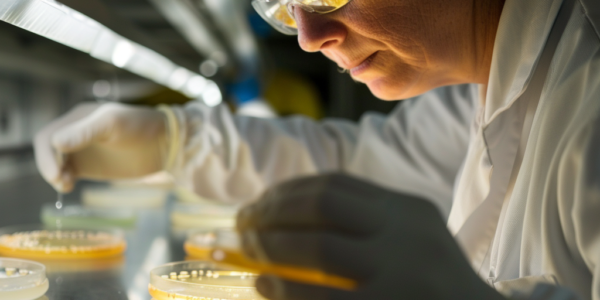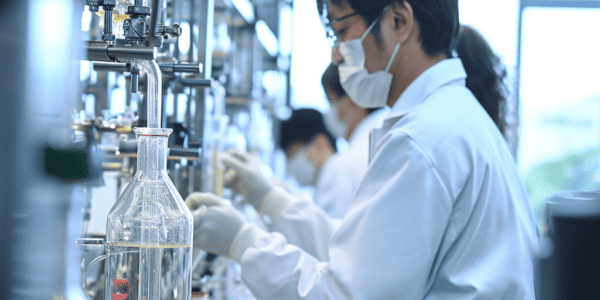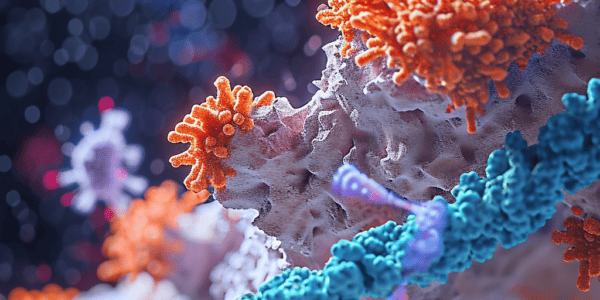New Research Project Targets ECF-T Transport Protein to Starve Resistant Bacteria
New research project aims to develop novel active substances to combat antimicrobial resistance. Prof. Anna Hirsch and her team at the Helmholtz Institute for Pharmaceutical Research Saarland have identified a potential target structure, the transport protein ECF-T, which could be disrupted by new drugs to starve resistant bacteria. This approach could lead to the development of effective antibiotics that address previously unused target structures in pathogens.
Chick-fil-A to Shift from Antibiotic-Free Chicken Sourcing
Chick-fil-A is making a significant change in its chicken sourcing, shifting from antibiotic-free chicken to No Antibiotics Important To Human Medicine (NAIHM) due to supply reasons. This move reflects the complexities and challenges in sourcing high-quality ingredients for the food industry.
Age and Gender Impact Antibiotic Resistance, Study Finds
A recent study has found that age and gender play key roles in antibiotic resistance, with the likelihood of having a bloodstream infection resistant to antibiotics being linked to these factors. The study, which involved almost one million individuals across Europe, revealed different antimicrobial resistance trends for various bloodstream infections. Understanding these patterns is crucial for developing better strategies to combat antimicrobial resistance and safeguard individuals from challenging infections.
Researchers Discover Groundbreaking Approach to Combat Drug-Resistant Bacteria
Kent’s School of Biosciences researchers have discovered a groundbreaking approach to combat drug-resistant bacteria by using certain steroid medications used in hormone replacement therapy (HRT). These steroids have been found to effectively eliminate MRSA and hinder the growth of E. Coli, which are resistant to antibiotics. Dr. Mark Shepherd, Reader in Microbial Biochemistry at Kent, expressed enthusiasm about the findings, stating that these exciting developments will help to advance research into new antimicrobials. The study, published in The Journal of Infectious Disease, indicates that steroid drugs inhibit bacterial respiratory oxidases and are lethal toward Methicillin-Resistant Staphylococcus aureus (MRSA). This breakthrough may significantly contribute to addressing the challenge of antibiotic resistance.
Discovery of 18 New Species of Antibiotic-Resistant Bacteria
Researchers have discovered 18 new species of antibiotic-resistant bacteria, shedding light on the origins of antibiotic resistance and potential insights into curbing these infections. The findings aim to enhance understanding of how resistance genes spread to hospital bacteria, posing a threat to human health. The research team collected samples from remote regions worldwide, including penguins in sub-Antarctic waters, duiker and elephants in Uganda, insects, bivalves, sea turtles, and wild turkeys in Brazil and the United States, kestrel and vultures in Mongolia, wallaby, swans, and wombats in Australia, as well as zoo animals and wild birds in Europe.
New Method for Synthesizing Beta-Lactam Scaffold Unveiled by Osaka University Researchers
Osaka University researchers have unveiled a new, simplified method for synthesizing the intricate beta-lactam scaffold, a key component of beta-lactam antibiotics. Published in Nature Catalysis, the study titled ‘Catalytic synthesis of β-lactam derivatives by carbonylative cycloaddition of acylsilanes with imines…
Researchers Study Molecular Freight Elevator in Pathogenic Bacteria
How does a molecular freight elevator work? Bonn researchers study an important membrane transport mechanism in pathogenic bacteria UNIVERSITATSKLINIKUM BONN – Some bacterial membrane transporters work almost like freight elevators to transport substances through the cell membrane into the interior…
New Antibiotic Breakthrough Offers Hope in Fight Against Antibiotic-Resistant Infections
Antibiotic-resistant bacterial infections are an urgent global health concern, with limited treatment options available. However, a recent breakthrough in antibiotic development offers hope in the fight against these infections. A study published in Nature on 03 January 2024 reports the…








